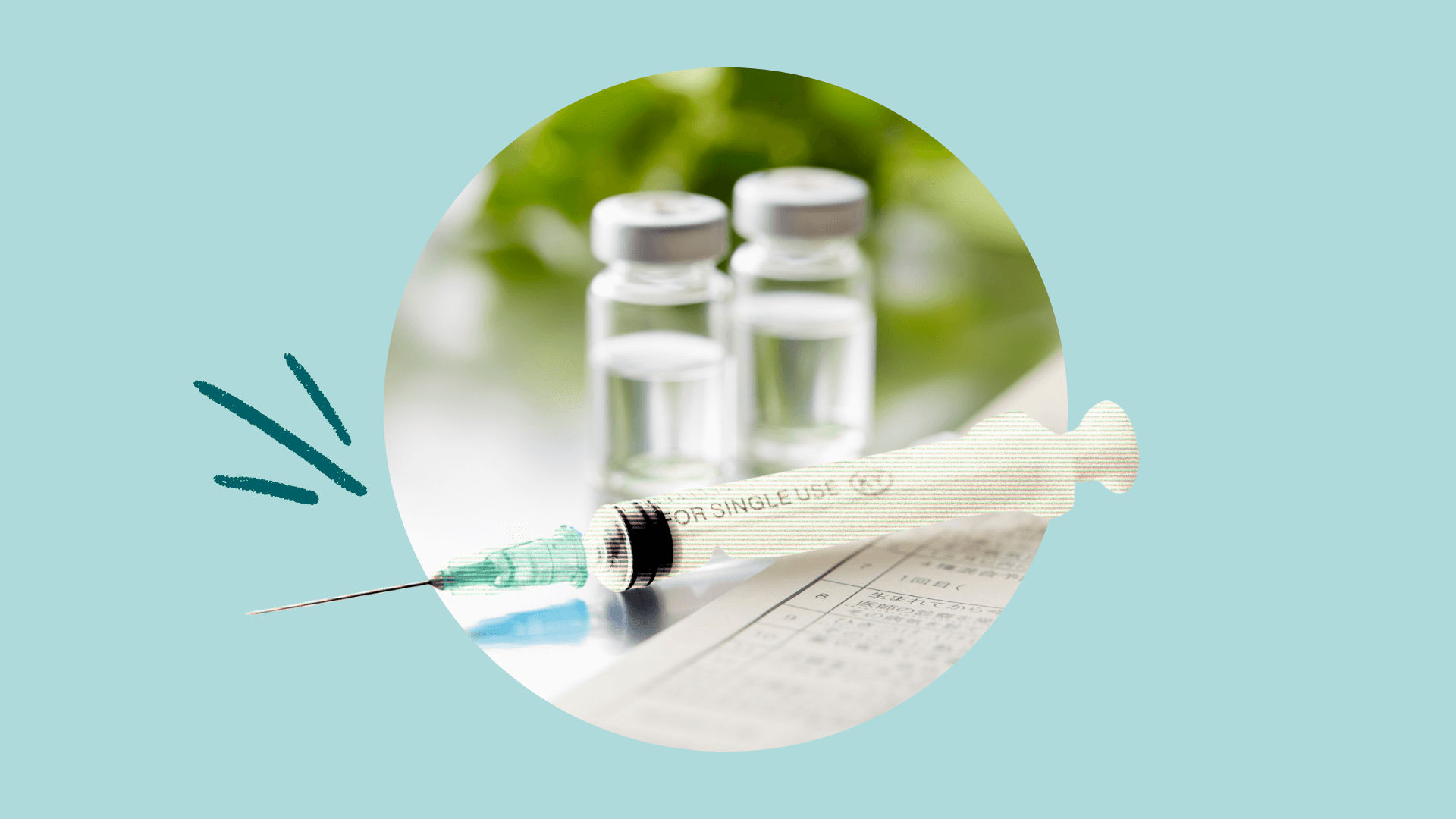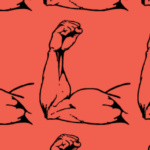Testosterone is critical for normal body function. A doctor can prescribe testosterone replacement therapy (TRT) to people whose bodies do not produce enough for them to remain healthy — a condition called hypogonadism. For these people, taking testosterone (usually in the form of a cream or gel applied to the skin, or as an injection) is necessary to replace what they’re missing. Using testosterone for performance or image enhancement is not the same as TRT.
Doctors diagnose hypogonadism based on signs and symptoms of low testosterone and accurate measurement of testosterone levels in the blood. Blood samples to measure testosterone should be collected in the morning, before eating, because levels change over the course of the day and are affected by food. If a testosterone measurement is low (less than 6 nmol/l), you’ll need a follow-up measurement (usually a couple of months later) for confirmation. The blood test will also measure levels of other hormones to understand which part of the testosterone production pathway isn’t working properly.
Doctors usually recommend improving diet or increasing physical activity before starting testosterone therapy.
TRT uses carefully controlled doses and close monitoring to make sure that levels are in a normal range, and that the positive effects of the treatment are achieved without unwanted side effects. Monitoring of red blood cells, risk factors for cardiovascular disease and prostate health is an important part of TRT. This continues for as long as the person needs TRT, which is usually for life.
TRT requires a prescription from a doctor. Without a prescription, possession and use of testosterone is illegal.
How much does TRT cost in Australia?
A general practitioner can prescribe TRT only for confirmed cases of hypogonadism. But this is considered as a ‘private script’, and a patient must pay the full cost of TRT. Medicare and the Pharmaceutical Benefits Schedule (PBS) can subsidise the cost of TRT but only under certain circumstances, which include involvement of specialists in paediatrics, endocrinology, urology or sexual medicine.
The tight regulation of TRT is necessary because of the possible harms of using testosterone.















